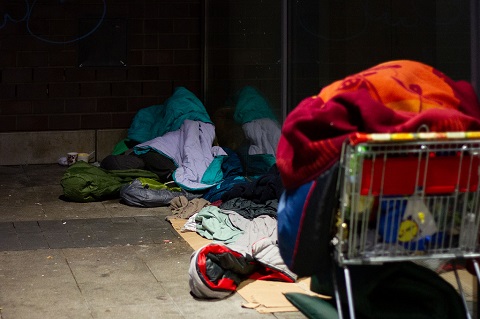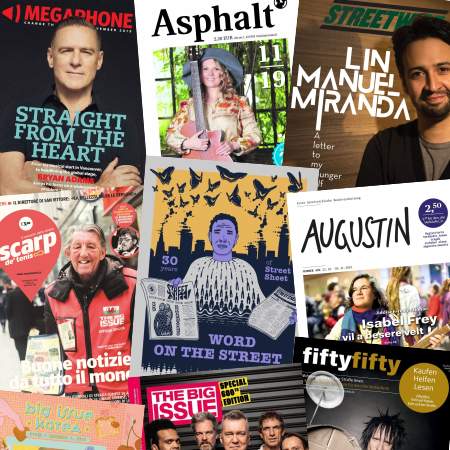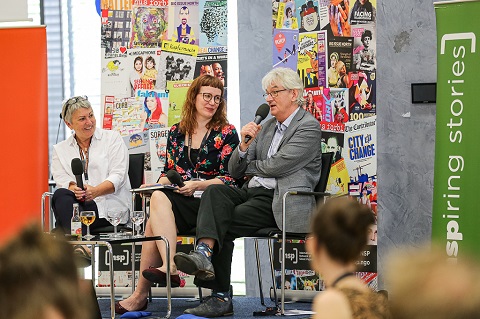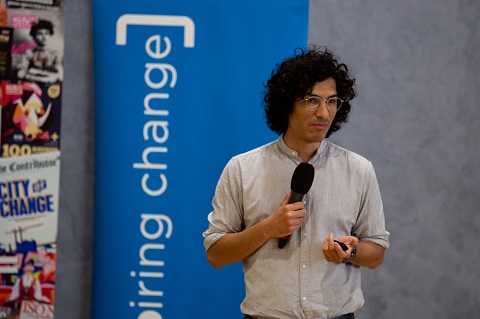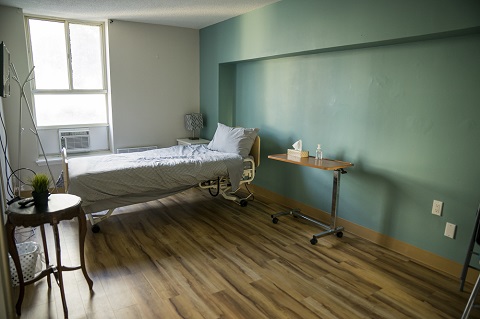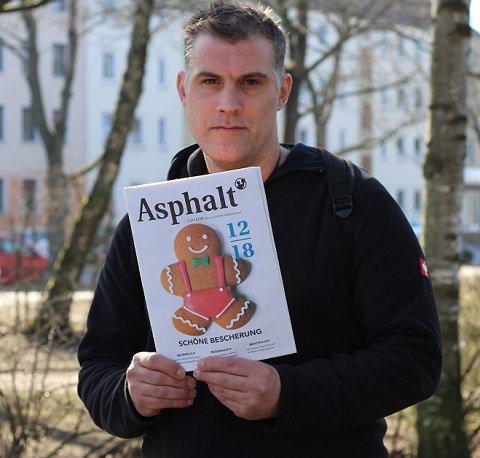To round off the first full day of the 2019 Global Street Paper Summit, delegates in Hannover have been visiting some of the #INSP2019 host city’s most innovative social projects.
As well as being a fantastic opportunity to learn from street paper colleagues, and to gain an insight into the host street paper (as they did with Asphalt earlier in the week), the annually rotating host city of the Summit means gaining a deeper knowledge of the social, political and cultural aspects of a new place each year.
Three of Hannover’s social projects were on the agenda for the evening. The first stop was fairKauf, a social enterprise department store, with 6 outlets across the city, selling second-hand goods and staffed by individuals who have found long-term difficulty finding, or returning to, employment. The non-profit has branches across the city. Its stock is low cost and varied, making it crucially affordable to the marginalised individuals who run it. Stock ranges from clothes and furniture, to books, games, crockery and much more.
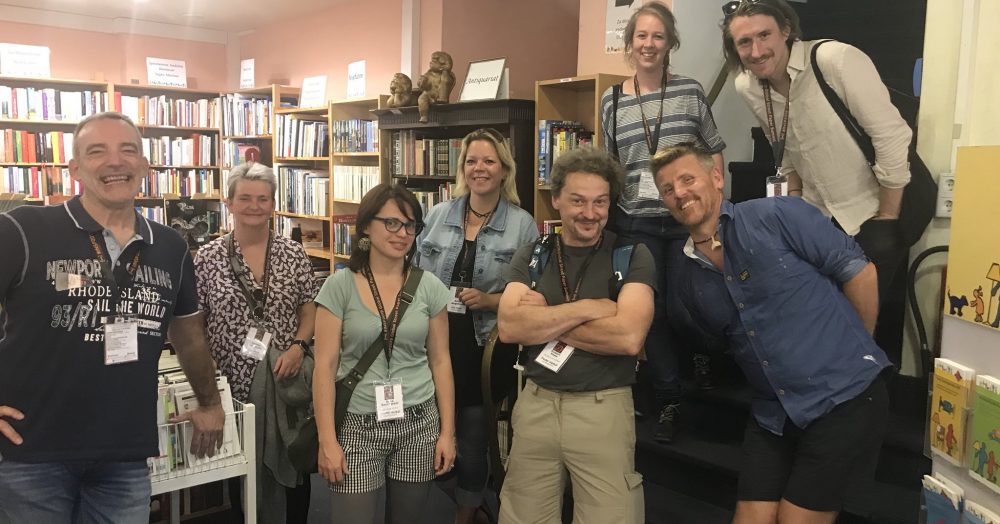
Delegates were led on a tour of the main retail outlet. Chief executive of fairKauf Nicola Bacher explained that they try hard to maintain the idea that this is a shop, not a place that hands out donations. She said: “It’s about upping self-esteem for those living in poverty and with small incomes. They are proud to say, ‘I didn’t get this from the church clothing donations; I bought it myself with my own money’.”
Asphalt vendors are given a 20 per cent discount in store.
According to those who work at organisation Straßenambulanz [literally ‘street ambulance’], many marginalised people in Germany – those living on the street, immigrants without fixed status, poor families and the elderly – don’t have valid health insurance, and so are without protection or recourse when sick. The Straßenambulanz provides emergency medical support to such communities, driving volunteer doctors and nurses to Hannover’s social hotspots to deal with those who need it most directly and without bureaucracy. Its teams provide care without judgement or the threat of social stigma. The project even provides thorough aftercare, referring patients to specialists should the need arise.
It’s clear that whatever social support isn’t being provided medically to vulnerable people in Hannover, the city’s social enterprises are picking up the slack. Another health-geared project was the final stop on this whistle stop tour for delegates. Staff at the Zahnmobil [literally ‘tooth-mobile’] do similar work to the Straßenambulanz, except focusing on teeth and gums. Mobile dental care is essential for people living in poverty, and the volunteer dentists, helpers and drivers, and the donations that support them, are plugging a vital gap. The first physical Zahmobil (a used, converted ambulance) has travelled over 40,000 kilometres delivering services in Hannover.
The amazing Angela McLeod provides extractions, fillings, cleanings & other emergency dental services for nearly 20 individuals every week – providing people on streets w a dignified & immediate care . Thank you for your service! #INSP25 #INSP2019 pic.twitter.com/aQNR4Arzrh
— International Network of Street Papers (@_INSP) June 18, 2019
Dental clinician Angela McLeod was on hand to answer delegates’ questions about the free service, which she staffs each day. Patient numbers vary, with an average of 50 a week. McLeod explained her approach to the work: “I try to treat everyone warmly and normally, because sometimes this is the only time they have been, whether it is rubbing cheeks after an injection or simply explaining how to better keep dental hygiene in their circumstance. I welcome them, hug them and do what I can.”






